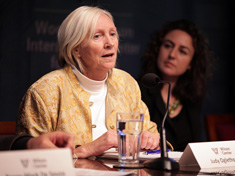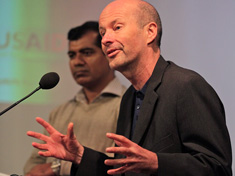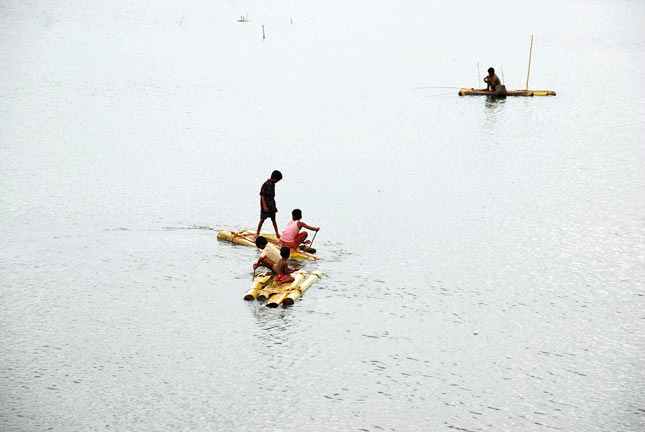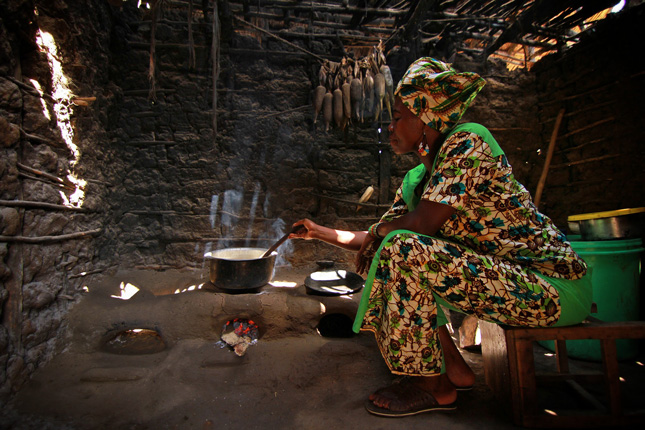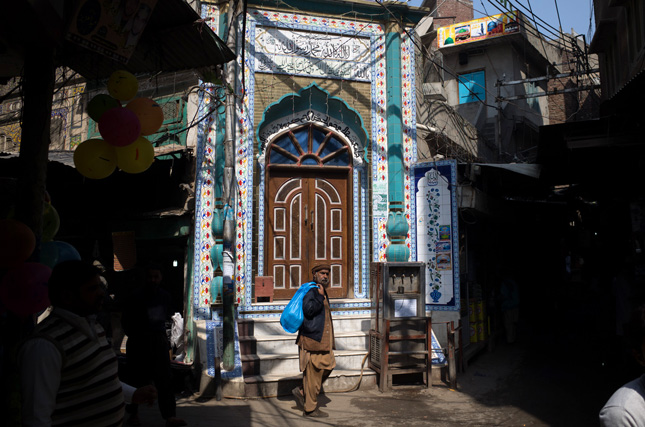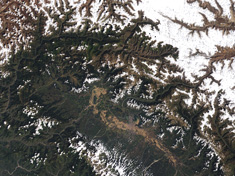-
Integrated Development, Focus on Empowerment Builds Resilience in Nepal
›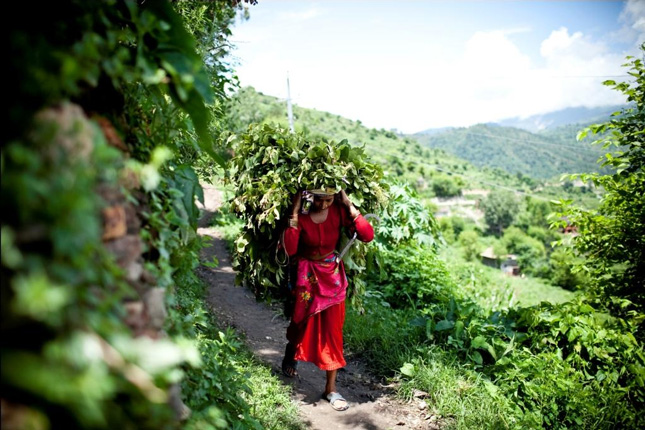
From the mountains and foothills of the Himalayas to the Terai plains, climate change is rapidly changing life in Nepal. Many communities however, are not strangers to environmental stress; for decades, rapid population growth alongside agriculture and fuelwood collection have degraded land and diminished forests. [Video Below]
-
Judy Oglethorpe: Fighting Environmental Change in Nepal Through Community Empowerment
› -
Broken Landscape: Confronting India’s Water-Energy Choke Point
›“We don’t know the reason for the death of fish in downstream villages,” Hamberton Nongtdu, a mine owner from the northeastern Indian state of Meghalaya, told me.
-
David Lewis: To Avoid Reinforcing Status Quo, Focus on Understanding Livelihood Systems
›
As the idea of resilience has received more attention from policymakers as a guiding principle for climate change response and development, so too has it garnered more criticism, says David Lewis in this week’s podcast. By implying a “natural” return to a previous condition, resilience thinking could inadvertently promote limited policies that don’t go as far as they could in aiding those most at-risk.
-
Living Through Extremes: Livelihood Systems Key to Effective, Empowering Resilience Measures
›
As climate change upends established patterns of life, resilience – the ability of social and ecological systems to mitigate, endure, and adapt to short-term shocks and long-term stressors – has become a buzzword in development and humanitarian circles. [Video Below]
-
Clean Cookstoves Provide Health, Environmental, and Socioeconomic Benefits, So Why Aren’t They Being Adopted?
›
To stop and perhaps one day reverse climate change requires changes big and small. Despite the thousands of power plants burning coal and other fossil fuels today, nearly 3 billion people still depend on solid fuels, such as wood, dung, and crop residues, for their daily energy needs.
-
Pakistan’s Most Recent Demographic and Health Survey Reveals Slow Progress
›December 10, 2014 // By Richard Cincotta
A quick scan through the charts and graphs of Pakistan’s most recent Demographic and Health Survey yields more than a few insights into the performance of the government’s health policies and the public health and demographic challenges it will face in the future.
-
New Portal for Himalayan Region Aims to Provide Better Environmental Data
›
“There was drought so we had to share the little water brought a long distance from irrigation canals to the field. This delay in rice planting is resulting in a late harvest,” explains Ratna Darai, 47, a farmer in Daraipadhera, Nepal, during an interview with The Third Pole reporter Ramesh Bhushal. An erratic monsoon means an uncertain harvest in a nation where agricultural production is not on pace with population growth. Water insecurity is a major driver of conflict and uncertainly in the world’s most populous continent.
Showing posts from category South Asia.


